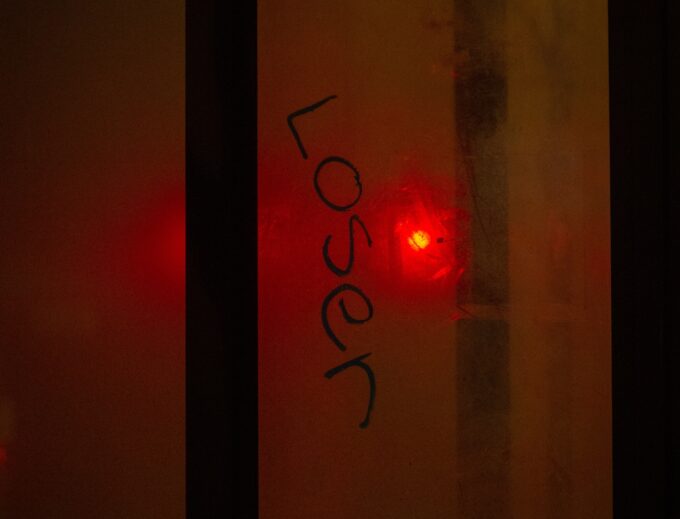
Photo by Lucas Beck
Some pieces of news are too small to be observed by radar and other news items escape notice by flying beneath it. But some big news escapes notice simply because it is so big and people are too absorbed in the details of events to see the larger picture. What is being missed is the way in which the balance of power in the world is being changed by the Ukraine war.
Russia is likely to be the great loser, as many now take for granted. It failed after the invasion of 24 February to occupy Ukraine and has gone on failing ever since. A state that was supposed to be strong enough to confront Nato turns out to be incapable of holding territory at Kharkiv, a few miles from the Russian frontier.
But the European Union is also a loser. Its members can no longer draw on cheap Russian gas, putting it at a disadvantage when it comes to competing with the US and China. Energy hungry industries like aluminum, steel, fertilisers and glass in the EU will all be hit. The EU’s GDP growth rate was already well behind that of the US since the financial crash in 2008/9 and even further behind China and the East Asian states.
This article in Foreign Policy by Jeff D Colgan of Brown University argues that since President Vladimir Putin invaded Ukraine on 24 February – and we entered a period of military and economic warfare in Europe – the door has opened for a return to a bipolar world. This once pitted the US against the USSR, then from 1991 the US dominated alone until the financial crash of 2008/9, when other powers, notably Russia had greater sway in the world.
But since the start of the Ukraine war, we are once more in a bipolar world in which the US competes with China, with Europe dropping in the rankings and Russia a husk if what it once was. It seems to me to be a bit oversimple, but worth thinking about, particularly the point about the competitive decline of the EU.
Cockburn’s Picks
The Faridaily sub-stack is one of the few Russian news outlets that appears to have access to the Russian elite and reports in a nuanced and objective way on what they are thinking and doing. Here are some excerpts from an article on Thursday:
Although many of our sources foresaw mobiliswation, most complained of Putin’s rashness and reluctance to explain his plans. ‘No one explains anything to anyone,’ said one disgruntled source close to the government. […]
‘There is a total lack of coordination; it’s a mess. Putin tells everyone different things,’ said a source close to the government. He said this applies not only to the economy but also how the war is run. ‘What were we doing in Kharkiv? No one has a clue – neither politicians nor the military.’
‘Putin always chooses escalation. And he will continue to choose escalation at any unpleasant juncture, up to and including nuclear weapons,” predicted another source close to the Kremlin.
Despite awareness of the impending catastrophe, nobody in Russia’s elite has tried to persuade Putin to stop the war for a long time. Whereas in the early months, figures like Alexei Kudrin, head of the Audit Chamber, tried to explain to Putin the consequences of his decisions, this is not happening today. According to our sources, Putin still repeats the mantra about Russia being surrounded by enemies and the machinations of NATO.
This content originally appeared on CounterPunch.org and was authored by Patrick Cockburn.
Patrick Cockburn | Radio Free (2022-10-04T05:55:23+00:00) The Biggest Losers. Retrieved from https://www.radiofree.org/2022/10/04/the-biggest-losers/
Please log in to upload a file.
There are no updates yet.
Click the Upload button above to add an update.